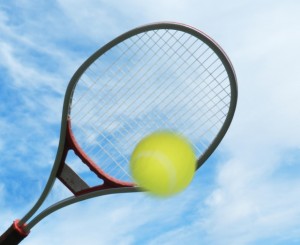Holiday shopping is seen by some as an enjoyable way to get into the seasonal spirit. Others view it as more of a stressful chore. But in both cases, it should be safe. Unfortunately, our Fort Myers injury attorneys have seen too many cases of holiday shoppers suffering some type of injury due to a failure by property owners, managers or employees to keep the site free of unreasonable hazards. 
These dangers might include:
- Perilously-stacked merchandise;
- Slippery floors;
- Poorly illuminated parking lots;
- Broken stairs;
- Uneven sidewalks;
- Inadequate security;
- Cluttered aisles.
These incidents can result in serious – and sometimes disabling – injuries to shoppers. Yes, customers do have a responsibility to be on the lookout for obvious dangers and to avoid them using reasonable care. But as part of a legal classification of visitors known as “business invitees,” shoppers are owed the highest duty of care under the law. That means property owners must not only avoid creating hazards and address them when they become known, but also to regularly inspect the site for them. Continue reading ›
 Florida Injury Lawyer Blog
Florida Injury Lawyer Blog








